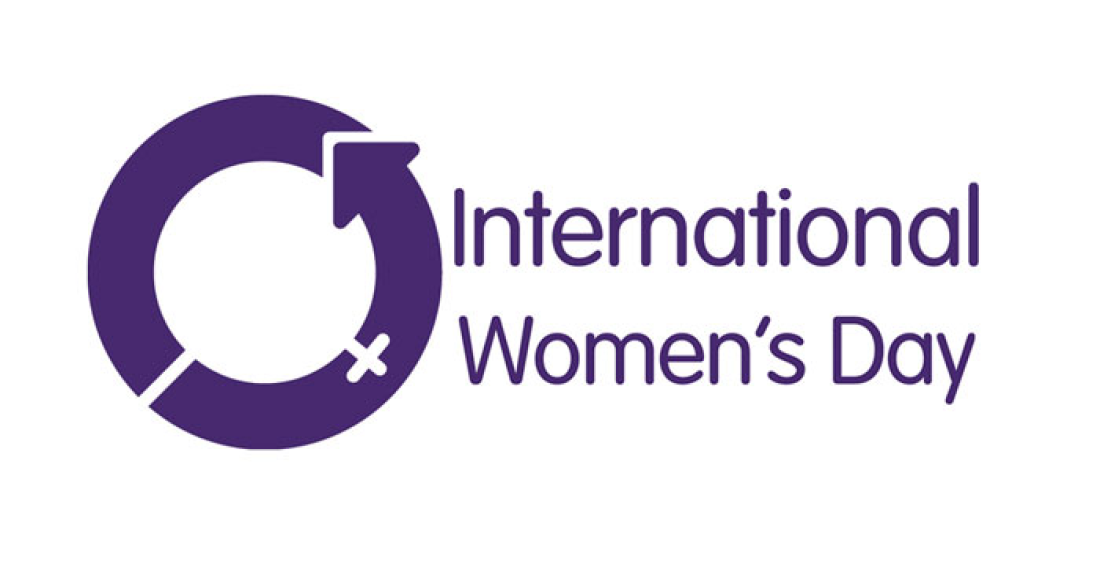8 March marks International Women's Day, a global day celebrating the social, economic, cultural, and political achievements of women.
Marking the day, the Sima Bahous, UN Under-Secretary-General and Executive Director of UN Women, has released the following statement:
Defiant and steadfast for full equality in the digital world
"Women and girls have just as much right to access the digital world and prosper in it as men and boys. Their creativity, knowledge and perspectives can shape a future where technology contributes to transforming social norms, amplifying women’s voices, pushing forward against online harassment, preventing the perpetuation of algorithmic biases, and distributing the benefits of digitalization as the great equalizer to achieve the Sustainable Development Goals.
"All over the world, women’s and girls’ movements are defiant and steadfast in the face of regressive gender norms and pushback against their rights. Activists are raising their powerful voices for inclusion, and an end to violence and to discrimination in education, the workplace and in legislation. On International Women’s Day we honour and celebrate them, adding our committed support to their energy and drive.
"Goal 5 is at the heart of the 2030 Agenda. It is the powerful multiplier, the smart investment and the prerequisite to get the Sustainable Development Goals as a whole back on track. Technology and innovation are game changers in this. The advantages brought by meaningful connectivity and equal access to digital skills and services are particularly important for low- and middle-income countries – where most of the world’s population growth will be - and for the women and girls in those countries, most of all older women, migrants, women living in rural areas and those with disabilities. These are the same women for whom the gaps in access and illiteracy in digital skills are the most acute. We must not let them face a new kind of discrimination and enter a new kind of poverty.
"By current estimates, just under half (53.6 per cent) of the global population is online, but the share of that access and its benefits is unequal. Last year there were 259 million more men than women using the Internet—and it was not a safe space. We have both to end the gaps and detoxify the online world for those entering it. With the right decisions by government and industry and the collaborative efforts of civil society, closing the gender digital divide could become the fast lane to progress as technology accelerates.
"This will also take a sharp rise in accountability for technology outcomes and a strong and effective approach to online violence, including safeguards and expanded legal frameworks to address unregulated behaviours and standards in ICTs. And it will take determined measures to provide the necessary skills and learning, especially in the STEM subjects, that will pave the way to the leadership of women and girls as technology creators, promoters and decision-makers.
"Our vision of equality, of what our world could be, for all of us, can and will include the equal enjoyment of the fruits of technology and innovation without fear of violence or abuse of any sort. Women and girls must be able to engage, create, learn and work, safely and productively either online or offline, making the most of all the opportunities in every sphere of life and at every stage of it, in education, in the economy, in society and in politics.
"I wish you all a very happy International Women’s Day."
The original statement can be read here.






